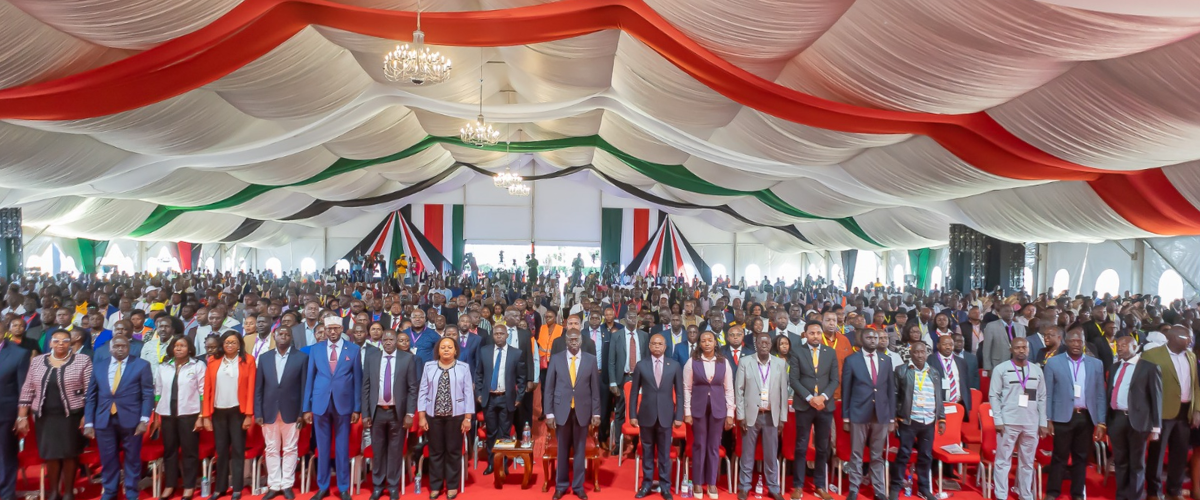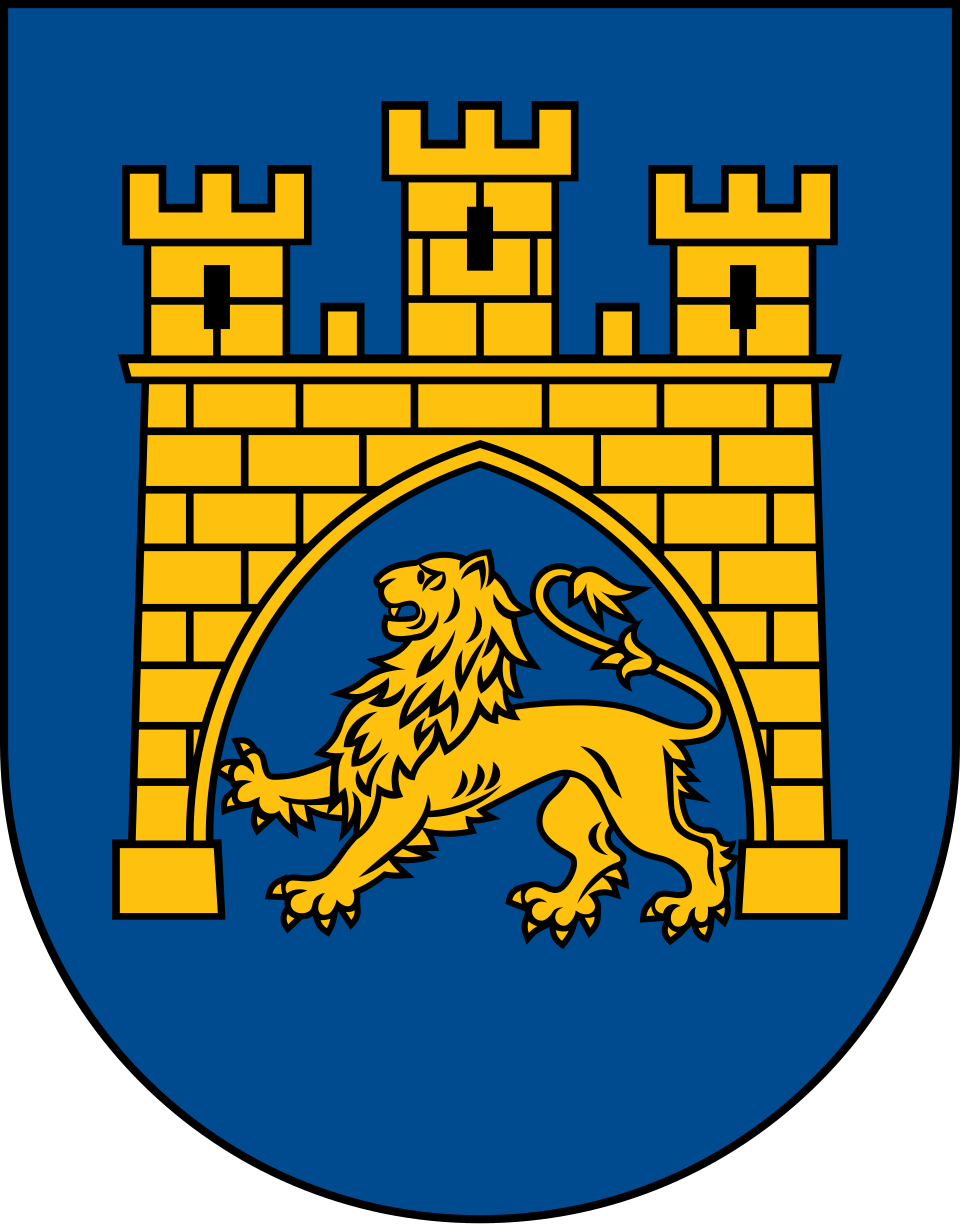Major agreement reached between Kenya's central government and its Counties at the Devolution Conference 2023

The Devolution Conference organised by Kenya's Council of Governors, held between 15-19 August in Eldoret, Uasin Gishu County, concluded with a major agreement between the governors and the national government. This event had attracted significant political attention. President William Ruto was expected to attend, as well as opposition leader Raila Odinga. The event commemorated 10 years of Devolution, the process of decentralisation that granted counties extensive powers, and just weeks before the event, the Council of Governors denounced the central government's failure to meet its obligations vis-à-vis the counties, especially in terms of financial allocations.
Anne Waiguru, Chairwoman of the Council, highlighted the achievements made by 10 years of decentralisation in areas such as finance, health, urban governance, highways, the energy sector, agriculture, trade and investment, tourism and wildlife. However, she also addressed the central government's outstanding debts owed to its Counties and how the lack of these financial resources was undermining the regional governments' capacities.
The four-day Devolution Conference was attended by all 47 Kenyan governors and approximately 10,000 people. Its content did not disappoint. During the inauguration, President William Ruto acknowledged the Council of Governors' complaints. "Delays in disbursing allocations to Counties," he said, "have tremendous negative effects. There is no excuse for this; we simply have to do better." In addition to pledging to continue transferring funds in a more efficient and timely manner, he also expressed his willingness to support Counties in improving their ability to generate revenue of their own.
Counties currently generate revenue from various sources, including land and property fees, parking fees, market rates, lease rents, hospital charges and single business permits. The President's offer would allow County governments to expand their own revenue basket, noting that they must also fully digitise this collection.
Beyond the financial matter, President Ruto also listed the transfer of all constitutionally pending functions, which were to be assigned to the Counties. "We made a firm commitment to the people of Kenya to strengthen devolution," he said. This approach was also echoed by his opponent and challenger, former Prime Minister Raila Odinga, who spoke on the second day of the conference.
Everything that the Head of State discussed was embodied in an agreement between the Council of Governors and the national government, presented on the last day of the Devolution Conference, in the presence of Vice-President Rigathi Gachagua. Thus, in a joint communiqué, the two levels of government agreed to explore a division of revenues based on the projected budget for the year and audited revenues. The two tiers of government also agreed to review their legislative framework in order to enhance the autonomy of County assemblies by reinforcing their supervisory role and ensuring that all expected delegated functions are devolved within 60 days, along with the corresponding resources. The four-day conference resulted in 32 ways to improve the development and provision of services in the Counties.










































































